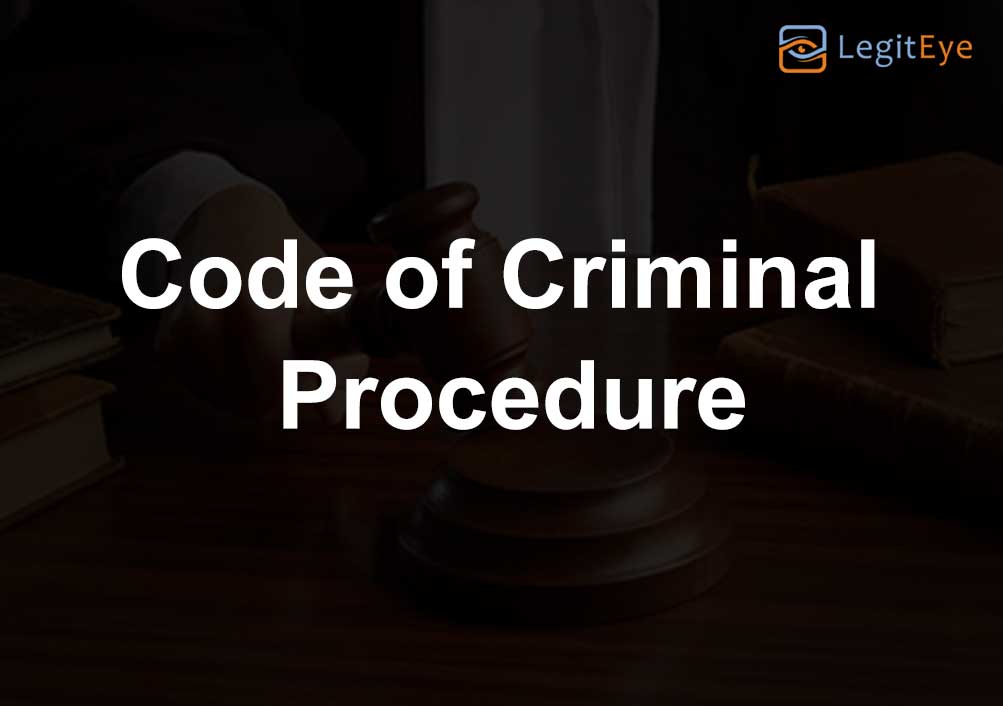In CRM-M-19373-2022 (O&M)-PUNJ HC- Order rejecting application for permission to travel abroad, being ‘interlocutory order’, is not amenable to revision in terms of Sec.397(2) r/w Sec. 401 of CrPC: P&H HC
Justice Suvir Sehgal [05-08-2022]

Read Order: Gaurav Raheja v. State of Punjab and Another
Monika Rahar
Chandigarh, August 19,2022: An order whereby application for permission to travel abroad is declined is an interlocutory order and thus, the exercise of revisional power against such an interlocutory order is barred under Section 397(2) read with Section 401 of the Cr.P.C., the High Court of Punjab and Haryana has observed.
The Bench of Justice Suvir Sehgal has also held,”Under Section 397(2) read with Section 401 of the Code, there is a specific bar to the exercise of revisional power against an interlocutory order.”
In this case, owing to a matrimonial litigation involving the registration of an FIR under Sections 498-A and 406 of the Indian Penal Code, 1860 against the petitioner by his wife, his application for permission to go to Australia for a period of six months to take up employment, was rejected.
Hence, the High Court was approached by the petitioner for quashing the above-mentioned order of the magistrate.
The Counsel for the petitioner asserted that the petitioner was a permanent resident of Australia and vide an order passed by this Court, he was granted permission, subject to conditions mentioned therein, to travel to Australia for a period of six months. The time period was extended by the High Court and the petitioner returned to India before the expiry of the extended period.
He urged that despite being jobless, the petitioner gave an undertaking before this Court and pursuant thereto, he was making payment of arrears of maintenance in ten monthly instalments of Rs.25,000/- each. Counsel also submitted that the petitioner had an offer for employment from an Australian Company, which was valid till August 1, 2022 and now was extended till August 8, 2022.
He submitted that the petitioner be permitted to avail the offer and travel to Australia. The petitioner was ready to deposit property papers of his father’s house, which had a valuation of more than Rs.47 lacs, as security.
At the outset, the Court addressed the question of maintainability. In this respect, it was held by the Court that under Section 397(2) read with Section 401 of the Code, there is a specific bar to the exercise of revisional power against an interlocutory order.
With regard to the question as to whether a particular order is an ‘interlocutory order’, reference was made to a Supreme Court decision wherein it was held that an ‘interlocutory order’ denotes order of a purely interim or temporary nature, which does not decide or touch the important rights or liabilities of the parties.
“In other words, an interlocutory order is one which does not finally culminate the criminal proceedings”, the Bench held while adding that when tested on this anvil, the impugned order whereby application for permission to travel abroad was declined, would qualify as an interlocutory order and fall within the ambit of Section 397(2) of the Code.
“As revision against such an order is barred, an aggrieved person has no other remedy, but to invoke the inherent powers of this Court. Ergo, instant petition is held to be maintainable“, held the Bench.
Further, while reiterating that right to travel abroad falls under Article 21 of the Indian Constitution and a person cannot be deprived of this right except in accordance with procedure prescribed by law, the Court opined that considering that the petitioner was an Engineer, who had returned from Australia earlier, as also that he has an employment offer in hand, which was duly verified, thus, the Court was of view that the order passed by the Trial Court rejecting his application for permission to travel to Australia was not sustainable.
Thus, the impugned order was set aside and the petitioner was granted permission to travel to Australia for a period of six months subject to certain conditions.
Sign up for our weekly newsletter to stay up to date on our product, events featured blog, special offer and all of the exciting things that take place here at Legitquest.




Add a Comment